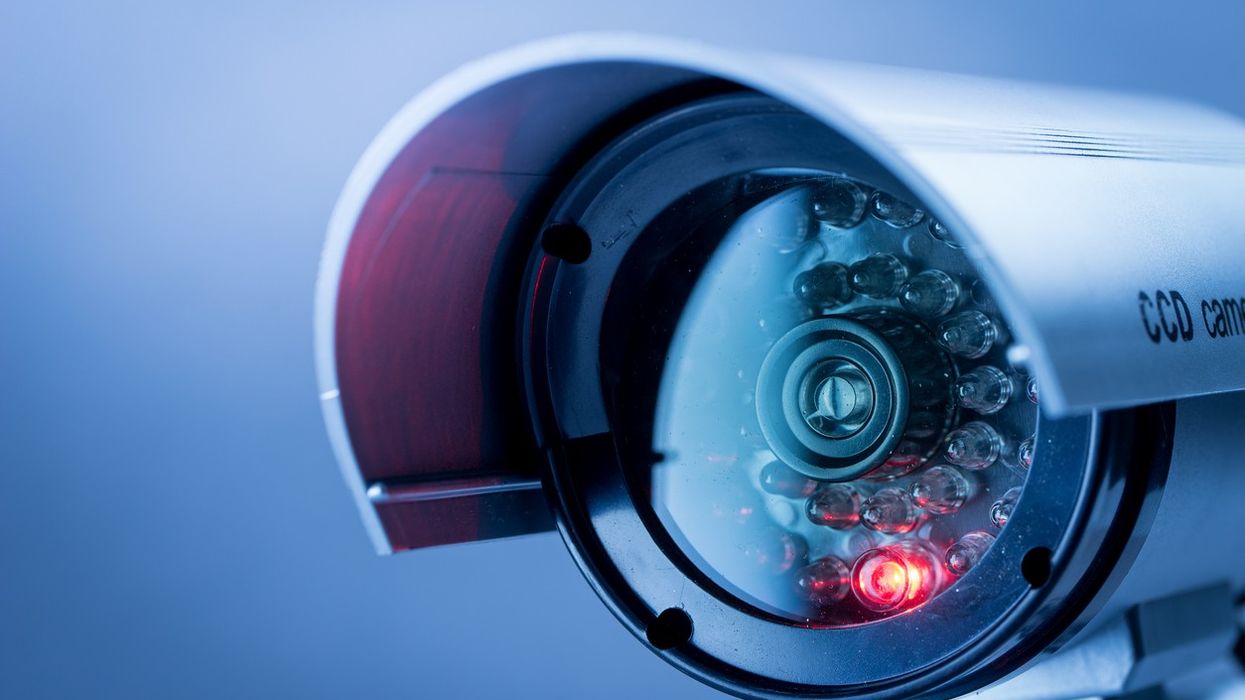SHOPPERS at a supermarket chain in southern England are being tracked by facial recognition cameras, prompting a legal complaint by a privacy rights group.
Big Brother Watch said Southern Co-operative's use of biometric scans in 35 stores across Portsmouth, Bournemouth, Bristol, Brighton and Hove, Chichester, Southampton, and London was “Orwellian in the extreme” and urged Britain's Information Commissioner's Office (ICO) to investigate whether it breaches data protection legislation.
The complaint claims the use of the biometric cameras “is infringing the data rights of a significant number of UK data subjects”.
It outlines how the facial recognition system, sold by surveillance company Facewatch, creates a biometric profile of every visitor to stores where the cameras are installed, enabling Southern Co-operative to create a "blacklist" of customers. If a customer on the list enters the store, staff are alerted.
“Our legal complaint to the Information Commissioner is a vital step towards protecting the privacy rights of thousands of people who are affected by this dangerously intrusive, privatised spying," Silkie Carlo, director of Big Brother Watch, said.
Southern Co-operative, which trades from just under 200 stores, said it would welcome any constructive feedback from the ICO.
"We take our responsibilities around the use of facial recognition extremely seriously and work hard to balance our customers' rights with the need to protect our colleagues and customers from unacceptable violence and abuse," Southern Co-operative said.
It said it uses the facial recognition cameras only in stores where there is a high level of crime to protect staff from known offenders and does not store images of an individual unless they have been identified as an offender.
"The purpose of our limited and targeted use of facial recognition is to identify when a known offender enters one of our stores," it said.
"This gives our colleagues time to decide on any action they need to take, for example, asking them to politely leave the premises or escalating the incident if this is a breach of an injunction or a banning order."
(Reuters)





